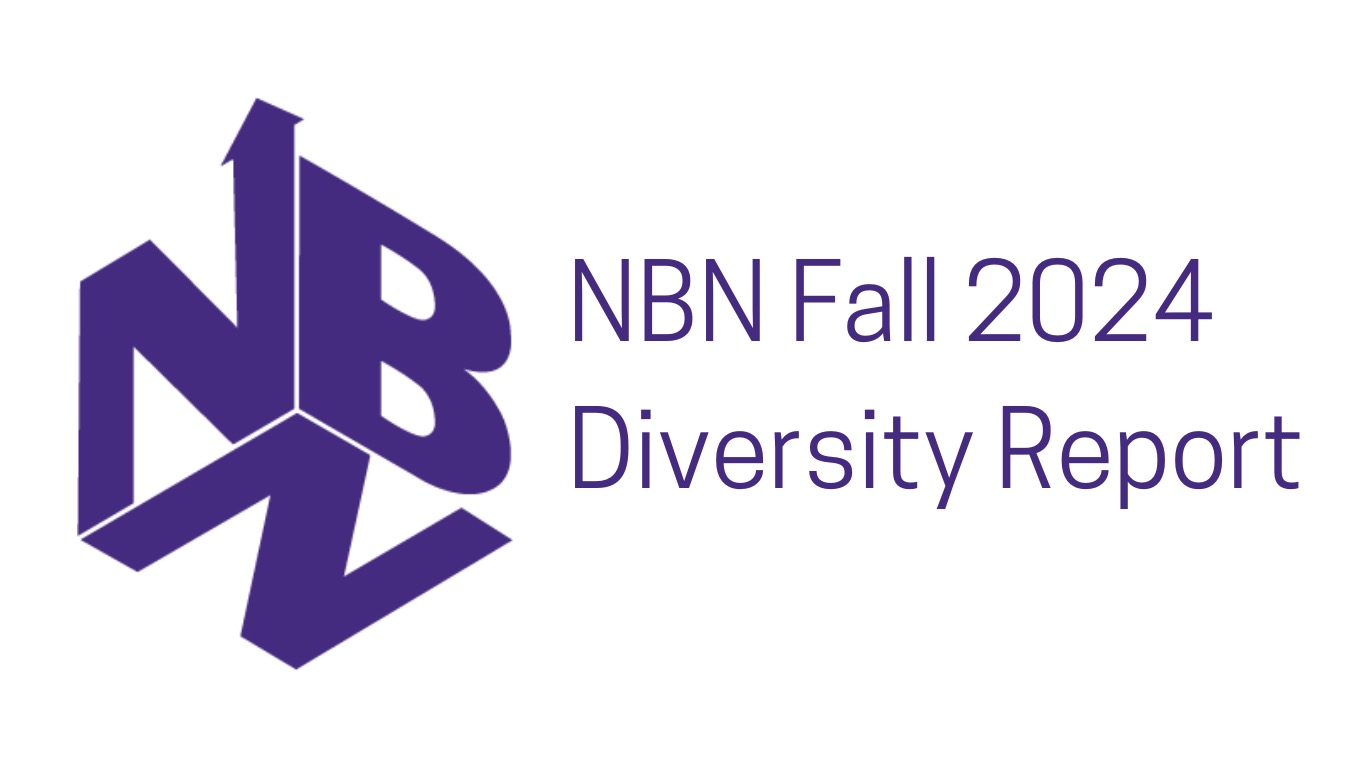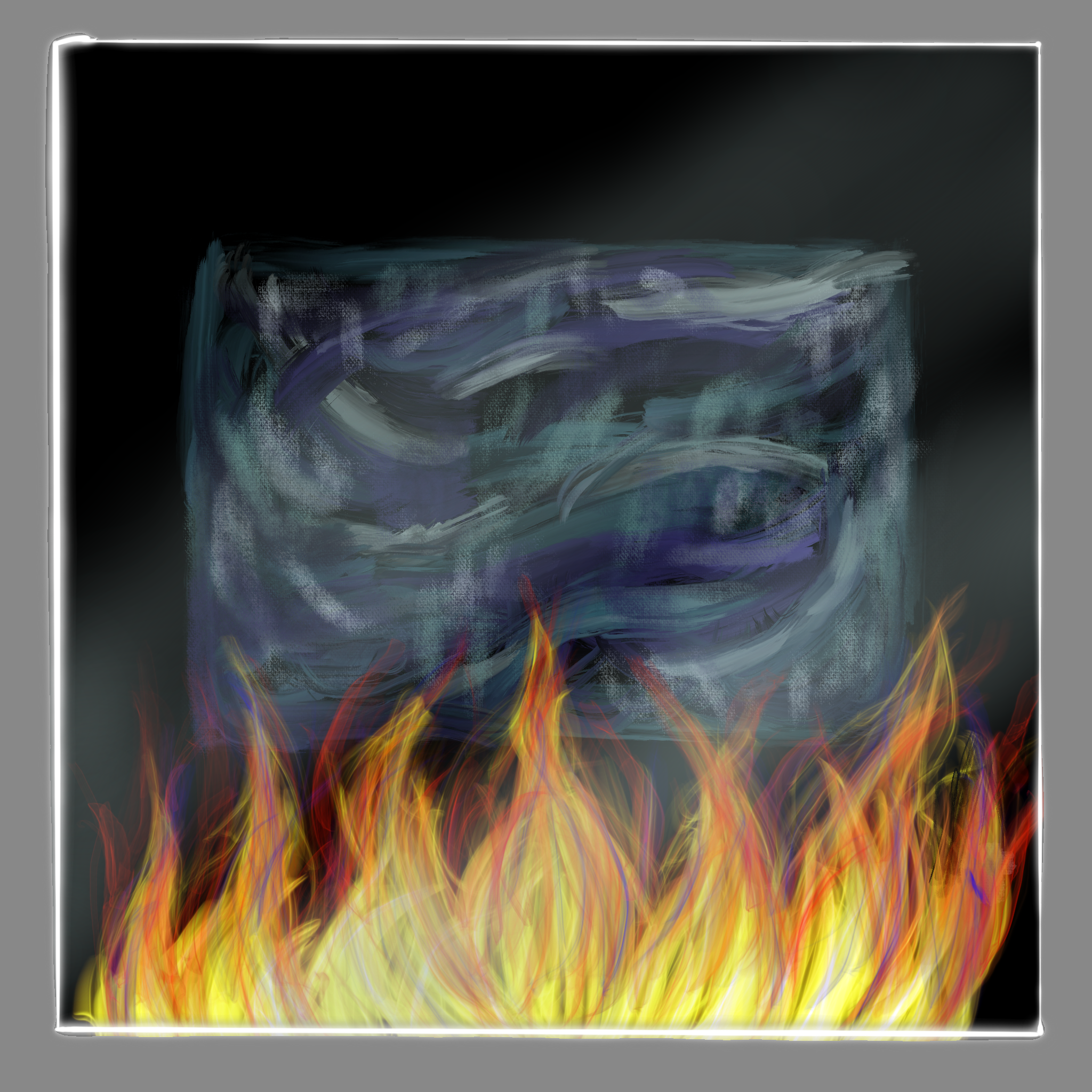
What was the last book you read? For fun, I mean. Andrew Carnie’s Syntax: A Generative Introduction, 4th Edition, doesn’t count, unless you’re a linguistics freak, I guess.
Based on my conversations with peers over the years, pleasure reading falls off drastically once one makes the leap to college. The most common explanation is a lack of time, and I get it – all-nighters of both the studious and recreational kind are a hallmark of the college experience. What baffles me about this excuse is that I believe people feel busier than they actually are (very imperious of me, but let me explain). We waste a lot of time by sitting around and scrolling social media, idling away precious minutes that could be spent, you guessed it, reading. How many nights have you tucked yourself into bed after mindlessly watching YouTube Shorts or TikToks for an hour or more? Is scrolling really fun? Do you feel good having the last thing you see before you close your eyes for the night be someone cooking ramen at two times speed or some vapid prankster grinning like an idiot as they ruin a bystander’s day? I sure as hell don’t.
So, I put down my phone and pick up a book.
I added this habit to my routine this fall, after a cursory visit to Main Library’s small but stocked pleasure reading section. I grabbed a book of Mexican short stories called Bring Me the Head of Quentin Tarantino, as well as the first eight volumes of Transmetropolitan, a satirical cyberpunk comic series from the early aughts that has become startlingly relevant in the wake of the election. I decided to set aside 15 to 30 minutes each night to read an issue or two at a time from these volumes. It seemed like an economical amount of time – not blistering, not decadent.
It was as if I was back in middle school, loading up my tote bag with a dozen or more books in one trip to the public library, certain I’d get through them all in record time. No close reading or critical analysis necessary, no annotations to be found. I could just read for fun again. And yet, thanks to the lit courses I’ve taken, I could also read for what I’ve learned, applying the theories and discursive frameworks of my English seminars on my own terms. It’s the best of both worlds.
Like I said before, this doesn’t need to be some massive undertaking. Fifteen minutes, enough to get to the next chapter or section, is a good night’s reading. It might take longer to get through a book, but that means you can savor the plot unburdened by a deadline save for the library due date (months from now). Fifteen minutes is enough to relax after a long day of classes, to forget about the troubles of the real world, or, in the case of some of my picks, recontextualize them through fiction.
The science backs me up on this one, too. Reading before bed relaxes muscles, lowers your heart rate and mitigates the negative effects of screens on the body. It also improves sleep quality, allowing you to sleep longer and with fewer interruptions – a miracle in a college dorm.
There’s literally no downside: Just give up on TikTok for a few minutes and pick up a book. Your life will improve, I guarantee.*
To conclude, here are the books I’ve read for fun in the past three months:
Transmetropolitan by Warren Ellis: In the sci-fi future, Spider Jerusalem, a foul-mouthed gonzo opinion columnist in the spirit of Hunter F. Thompson, fights the powers that be one story at a time. Resonates in the era of Trump. Required reading for Medill students.
Bring Me The Head of Quentin Tarantino by Julián Herbert: This translated short story collection follows narcos, journalists and other characters to paint a complex portrait of modern Mexico. The titular story is especially funny – fans of the director’s movies will enjoy it.
Missionaries by Phil Klay: A multilayered story about modern warfare. Spanning several decades, Klay takes readers through the complexities of Cold War Columbia, Bush-era Iraq and the modern-day versions of those locations to break down what the War on Drugs is really about. Of interest to history students and those interested in U.S. foreign policy.
Afterglow by Various: An anthology of short stories about climate change, decolonization and community. Relentlessly hopeful, yet also relentless in its spotlighting of our current climate woes. For those worried about the impending climate apocalypse, give these stories a read to calm you down a little (but stay mad, definitely).
Revolver by Matt Kindt: This bleak, apocalyptic thriller follows a restless journalist who finds himself in an apocalyptic hellscape, only to return to the “normal” world when he goes to sleep. Which one does he prefer? Great for fans of The Matrix and Inception.
Startup by Doree Shafrir: This quick-and-dirty drama centers the preposterous pseudo-society of tech bros in New York City and the women forcibly kept in their orbit. Almost the entire cast is insufferable. I couldn’t stop reading. Recommend to all your friends in consulting and comp-sci, then laugh at them.
Chain-Gang All-Stars by Nana Kwame Adjei-Brenyah: The Hunger Games but for grown-ups. Centers queer women of color in a carceral dystopian America where bloodsport has been legalized. Physically and emotionally brutal. One of the best books I’ve read in a long time. If you’re excited to see Gladiator II, give this a read.
How To Build A Human In Seven Evolutionary Steps by Pamela S. Turner: This lightweight book takes readers through millions of years of human history in just over a hundred pages. Beautifully illustrated and simply put, this is the non-biology major’s book of evolution. Especially timely, considering those monkeys still at large in South Carolina.
The People’s Police by Norman Spinrad: This novel takes place in New Orleans, amid financial and political turmoil. The situation reaches a breaking point when police officer Martin Luther Martin is ordered to serve an eviction notice…Against himself. It’s basically The Wire with a New Orleans spin.
*Just kidding.



